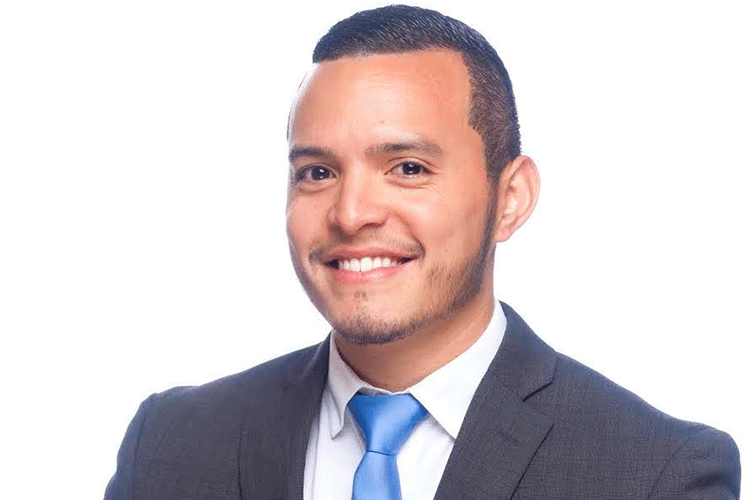Berkeley Law standout nominated to be student regent

May 18, 2016
Paul Monge, a Berkeley Law student who recently won a Chancellor’s Award for Public Service, has been nominated to serve as student regent for 2017-18, the University of California announced today.
His nomination, by a special committee of the UC Board of Regents, will be considered by the full board at its July meeting.
“The UC system has opened the door to so many incredible life opportunities for me and my family, and I hope to repay this debt through my service to this university and its students,” Monge said in a press release from UC.
“As the oldest brother to seven younger siblings and a first-generation college student, I feel a personal responsibility in making sure that the UC system honors its commitment to remain accessible to the residents of California, so that my siblings and students like them can obtain the same quality of education that I have been privileged to receive,” he added.
Monge graduated summa cum laude with a dual bachelor’s in sociology and global studies from UC Santa Barbara, and earned a master’s in public policy from Harvard University. He is expected to complete his J.D. in May 2018.
Along with another Berkeley Law student, he co-authored a legislative bill that would automatically register public college students — those enrolled at any UC, California State University or community college campus — to vote when they register for classes. Their effort to remove barriers to student voting won them them the Graduate Student Award for Civic Engagement, one of the Chancellor’s Awards for Public Service on May 9.
“As student regent I will work to ensure that the voices of students are both respected and reflected in the decision-making processes of the Board of Regents,” he said. “I plan to leverage my background in policy advocacy and community organizing to help prioritize some of the most pressing issues affecting students today.”
As student regent, Monge hopes to focus on issues of housing affordability and food insecurity, the need for proper handling of allegations of sexual harassment and assault on campuses, and expanded access to culturally competent mental health services.